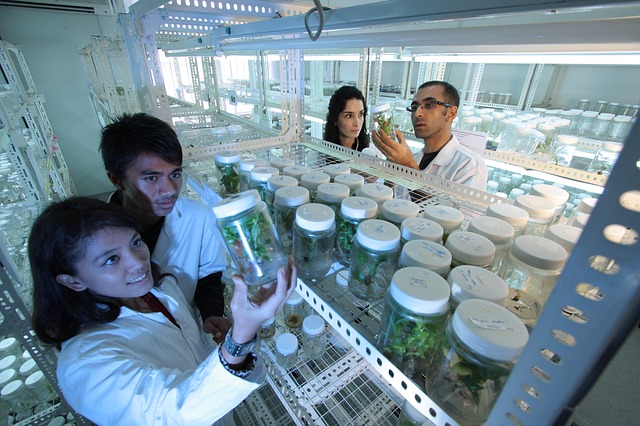Popular science can close the gap between policymakers and academics. It creates the link required to develop valuable and evidence-based policies for actionable steps.
Popular science could have prevented current climate challenges if scientists were able to communicate their findings and ideas to policymakers, effectively.
Academicians often have the challenge of communicating their ideas to the government, in layman terms. Storytelling skills are worth learning by scientists to further bridge this identified gap.
Role of popular science
Popular science, also known as PopSci is a form of writing that simplifies science for the understanding of the general audience. Scientists’ usage of technical terms or vocabulary makes it difficult for the public to comprehend and even harder for policymakers to adopt.
Aside from the importance of PopSci, it is also necessary to publish a quality science finding at an appropriate timing, said Steve Brine, a former public health minister.
Brine, preparing a green paper on “prevention is better than cure,” commented that sleep research findings discussed on Matthew Walker’s bestseller “Why We Sleep.” came at the right timing.
The book by Matthew Walker simplified the complicated neuroscience research such that it becomes easily understood by the public to the extent of being included in the governments’ green paper.
Popular science plays a significant role in ensuring research studies in universities gets considered in the development of government policies.
It could have prevented the now climate challenges if scientists were able to communicate their findings and ideas to policymakers, effectively.
Danielle Beswick, a lecturer at the University of Birmingham, agrees with the role of popular science in society.
The lecturer encouraged academics to develop skills that will enable them to communicate their ideas to a five-year-old effectively.
She adds that scientists are mostly unwilling to develop such storytelling skills to be able to advise policymakers on necessary actions.
As a result, some middle officials take up the role of representing academics, their research, and expertise to politicians.
This is the essential role of PopSci; to inform the general audience about complex research findings in easily understood words.
The general audience translating the influences of the findings can interpret it into intervention steps and policies, said Beswick.
Government actions
To further close this gap between academics and politicians, each government department now has a position for a chief scientific advisor, said Grant Hill-Cawthorne.
The head of the parliamentary office of science and technology (POST) commented that the public perception that “the government has no scientist” is incorrect. Grant said most of the staff in the civil service are specialists in different fields.
According to Grant, the chief scientific advisor who is a practicing scientist will give their advice to ministers for consideration, inclusion, or exclusion as required.
The head of POST further explained that the UK adopts evidence-based policies more than other countries.
The current departmental advisors act as brokers between the research community and the government when they are not experts in a specific field and ensure the correct experts are feeding in.
More so, the government’s green and white paper system for drawing up policy involves scientists in decision-making, he adds.
Hill-Cawthorne has made frantic efforts to improve the contributions of researchers through social media and regional training workshops.
POST launched a program to involve scientists in parliament for a two years term. Additionally, each government department now published identified areas of interest where more research would help make good policy.
The responsibility substantially lies on researchers to communicate their ideas effectively to ministers.
Now that scientists are being judged on their societal impact with the new criteria for Research Excellence Framework, storytelling is critical to assess UK research quality.







